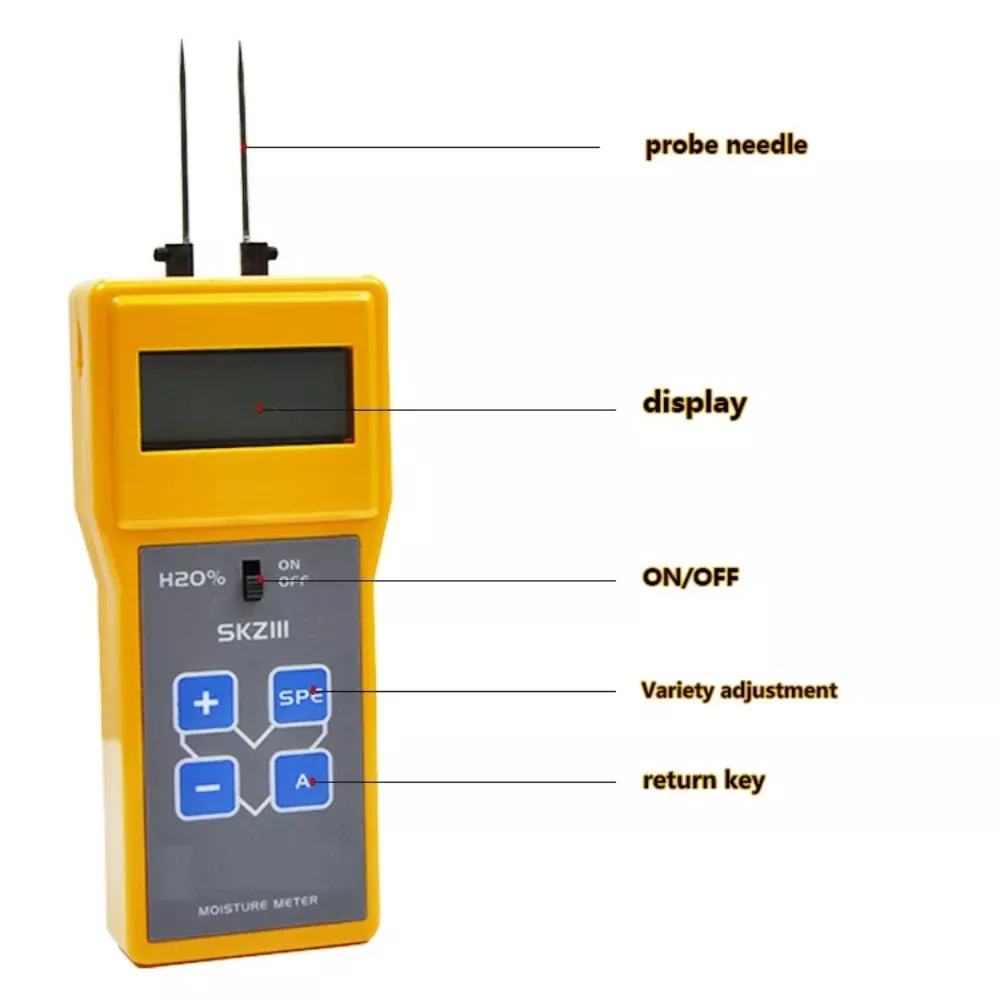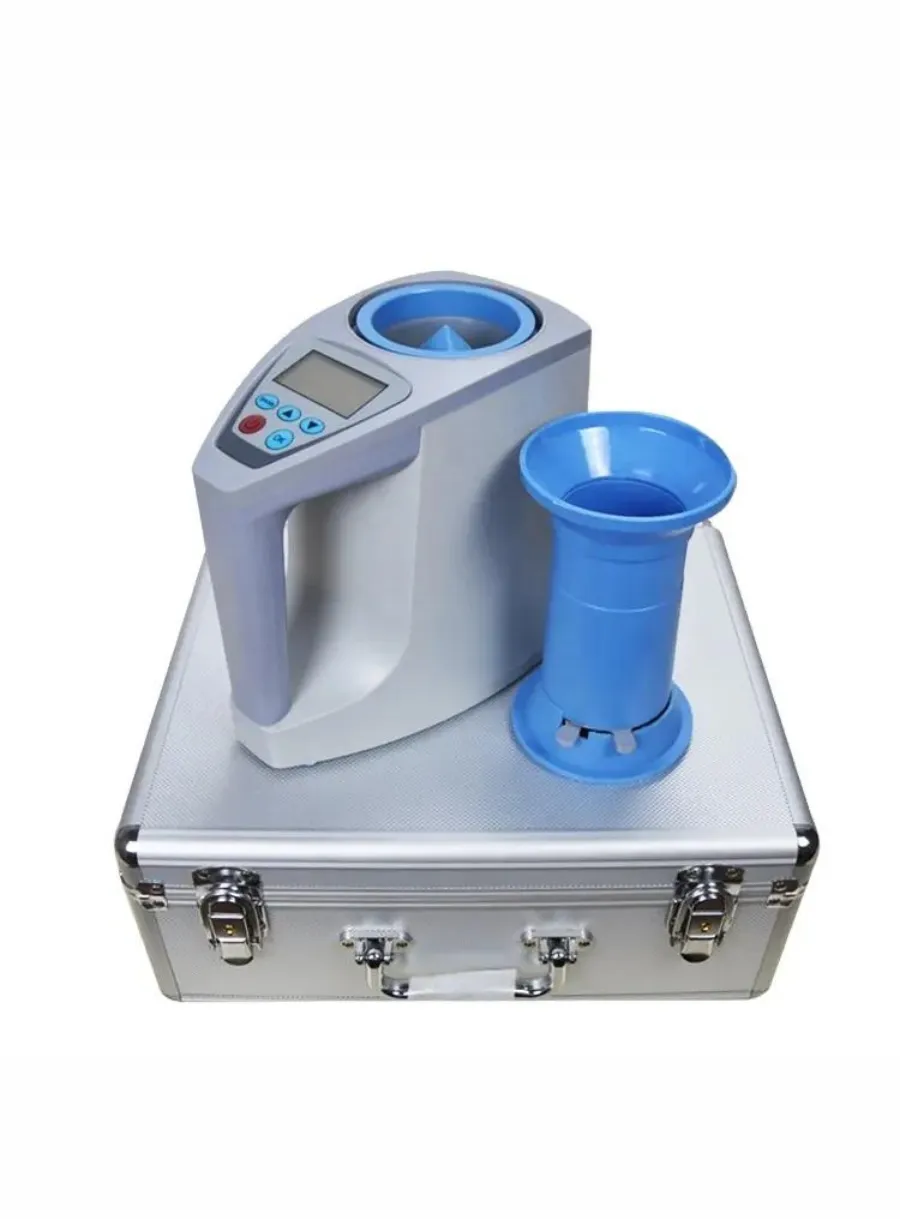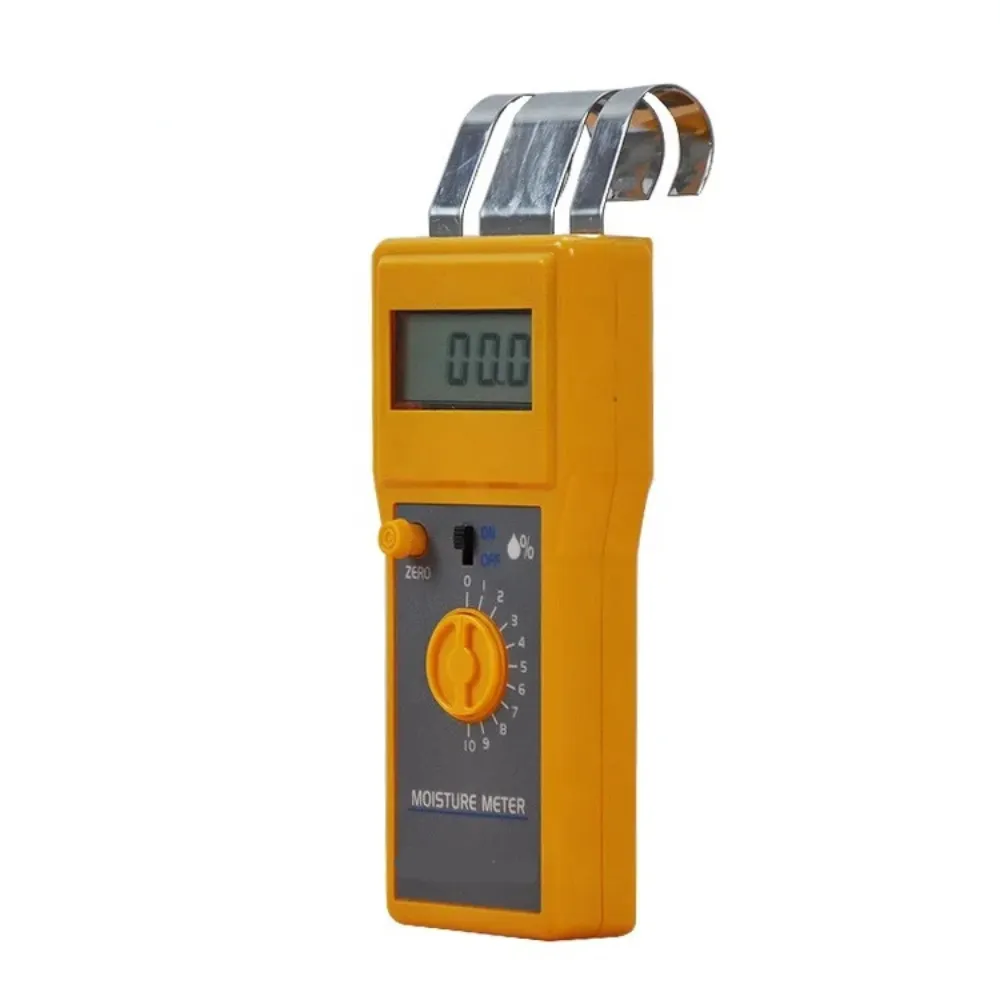
The Advantages of Wireless Soil Moisture Meters
Table of Contents
Embrace Effortless Monitoring: The Convenience of Wireless Technology
One of the primary advantages of wireless soil moisture meters is their ease of use. Unlike wired models, which require users to manually connect and disconnect sensors, wireless meters can be easily installed and monitored from a distance. This eliminates the need for constant physical interaction with the device, saving time and effort for the user. Additionally, wireless soil moisture meters often come with user-friendly smartphone apps that allow users to monitor soil moisture levels in real-time, providing instant access to crucial data.
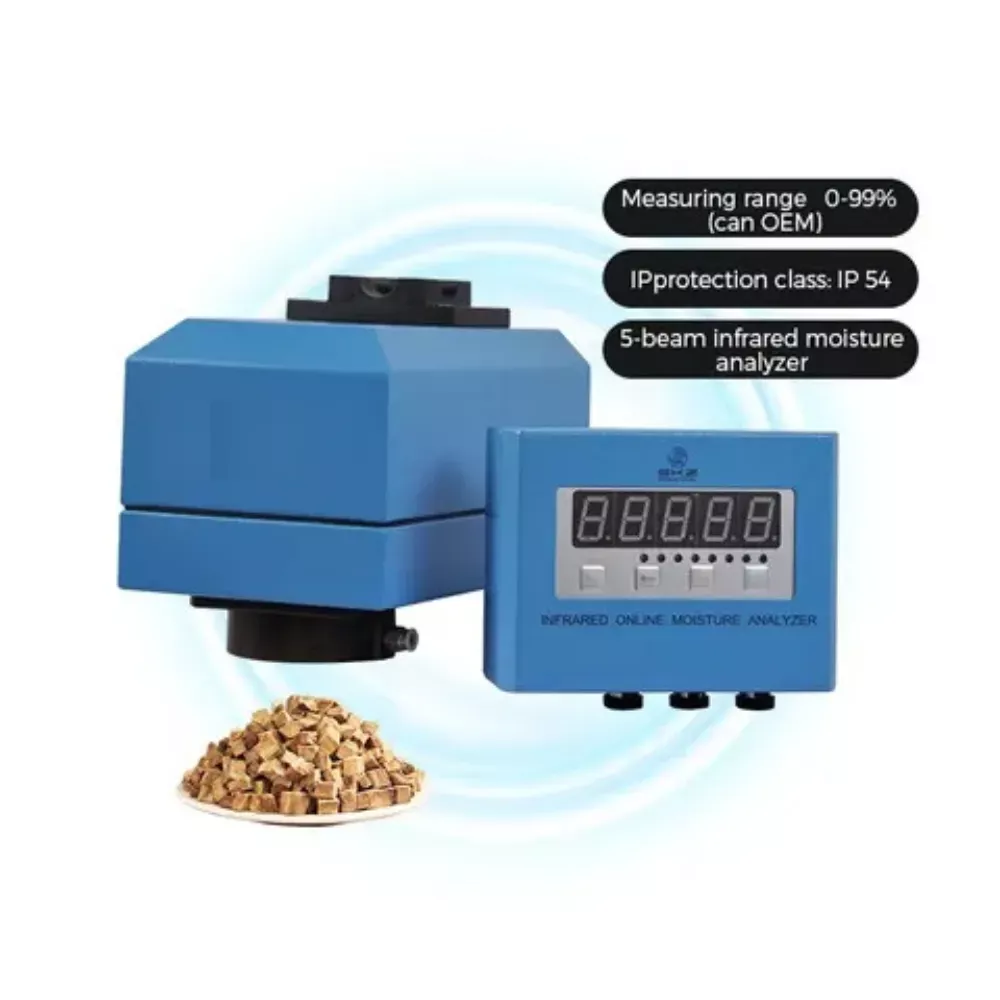
Flexibility and Precision: Optimizing Placement and Measurement
Another significant advantage of wireless soil moisture meters is their flexibility in terms of placement and monitoring. With wired models, users are limited by the length of the wires connecting the sensors to the main unit, restricting the placement options for the sensors. Wireless soil moisture meters, on the other hand, can be placed anywhere within the range of the transmitter, allowing for more precise and accurate measurements. Furthermore, wireless soil moisture meters can be easily integrated into larger monitoring systems, such as IoT networks, enabling users to collect and analyze data from multiple sensors simultaneously.
Durability and Reliability: Built to Withstand the Elements
Wireless soil moisture meters also offer improved durability and reliability compared to wired models. Since there are no wires to be damaged or disconnected, wireless sensors are less susceptible to physical damage and wear and tear. This results in a longer lifespan for the device, saving users money in the long run. Additionally, wireless soil moisture meters are less prone to interference from external factors, such as rain or wind, ensuring more accurate and consistent measurements.
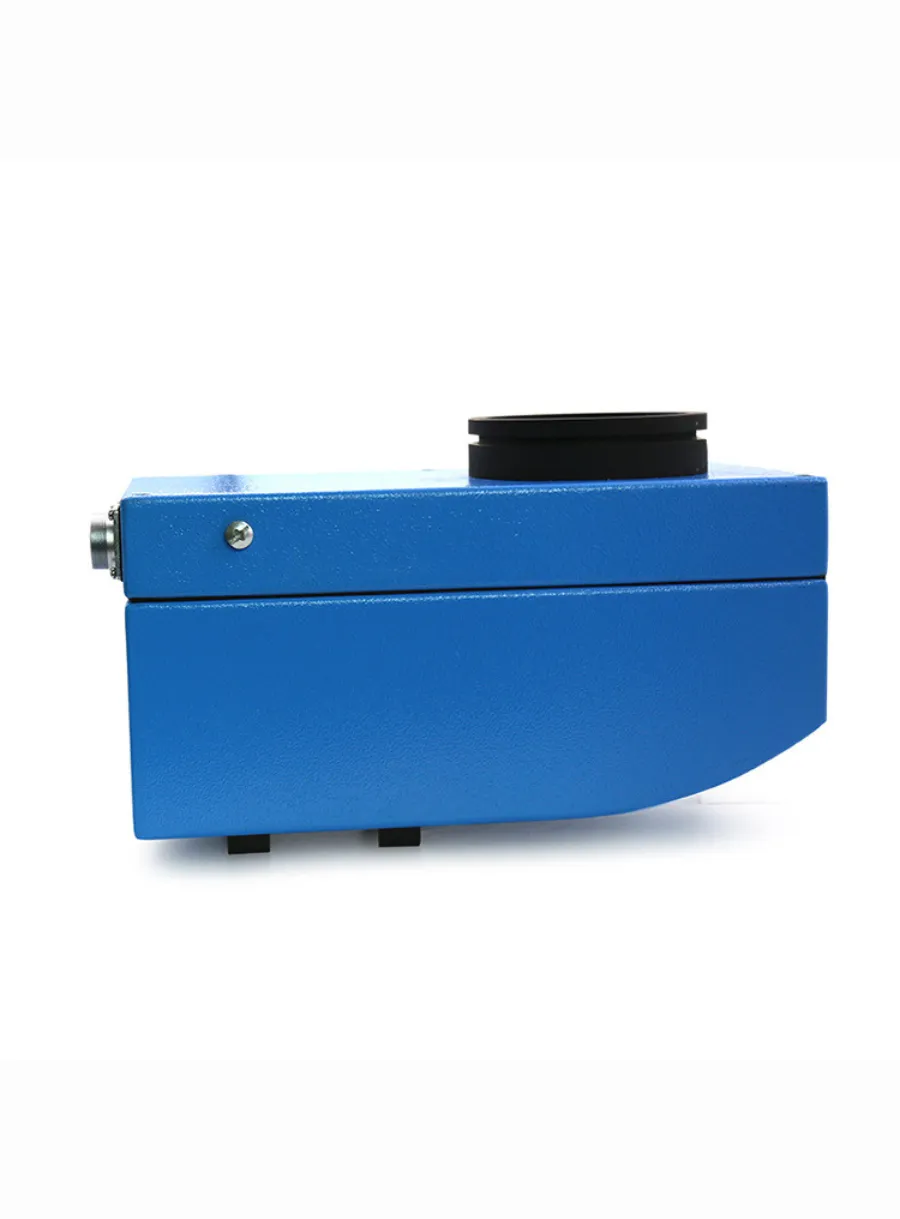
Real-Time Data: Empowering Informed Decision-Making
Another benefit of wireless soil moisture meters is their ability to provide real-time data. Unlike wired models, which require users to manually check the sensor readings, wireless soil moisture meters can transmit data to a receiver or smartphone app instantly. This allows users to make informed decisions about irrigation and other agricultural practices based on up-to-date information. Real-time data also enables users to detect changes in soil moisture levels more quickly, allowing for timely interventions to prevent potential issues, such as overwatering or underwatering.
Sustainable Practices: Minimizing Environmental Impact
Lastly, wireless soil moisture meters are more environmentally friendly than their wired counterparts. Since there are no wires to be buried in the soil, wireless sensors have a smaller environmental footprint and cause less disruption to the soil structure. This is particularly important for organic farmers and gardeners who prioritize sustainable and eco-friendly practices.
Comments
Tags
Frequently Asked Question
They typically use wireless technologies like Bluetooth or Wi-Fi to send data to a receiver or smartphone app.
The range varies depending on the model and technology used, but many offer a range of up to 100 feet or more.
Yes, they usually run on batteries, but many offer long battery life, often lasting several months or even a year.
Most wireless meters are designed to work with a wide range of soil types, but it’s always a good idea to check the manufacturer’s specifications.

